Nereus in the News – Friday, February 2
Nereus Program studies and researchers featured in Newsweek, The Conversation, Vice, and The Circle.

Nereus Program studies and researchers featured in Newsweek, The Conversation, Vice, and The Circle.
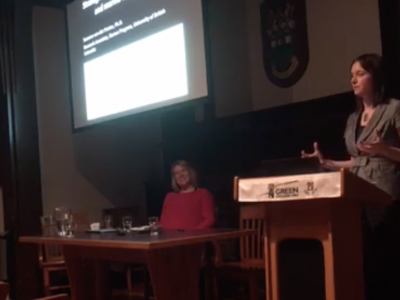
The Nereus Program and Green College jointly hosted its first public seminar of the year on January 19 on the topic of indigenous fisheries. Two Nereus UBC affiliates, Yoshitaka Ota (Director of Policy) and Suzanne von der Porten (Research Associate), and guest Marjo Vierros (United Nations University Institute of Advanced Studies) each gave a presentation on their research on indigenous fisheries use and challenges of implementing effective policy on domestic and international scales.
On January 19, the first seminar of the year held jointly by the Nereus Program and UBC’s Green College will be on the topic of “Indigenous fisheries, ocean policy and…
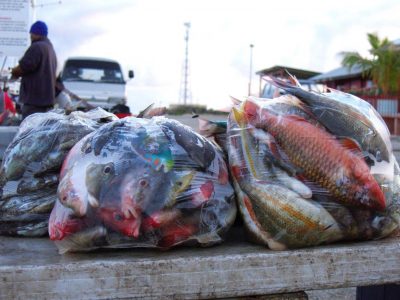
Indigenous seafood consumption study featured in the Washington Post, CBC, and Metro News.
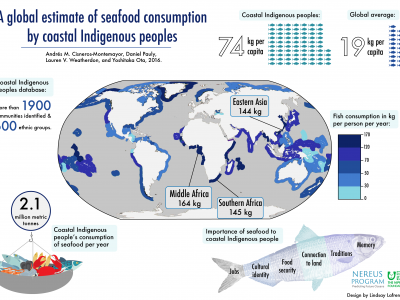
Coastal Indigenous people eat, on average, 15 times more seafood per person than non-Indigenous people in the same country, finds a Nippon Foundation-Nereus Program study published today in PLOS ONE. This highlights the need to consider food sovereignty and cultural identity as part of fisheries policy and Indigenous human rights.
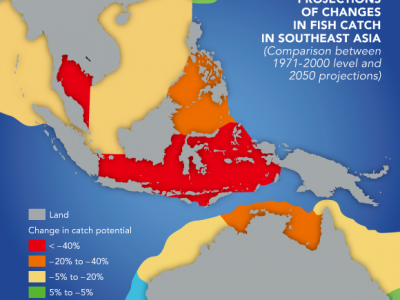
“Emptying seas, mounting tensions in fish-hungry Asia” was published yesterday by Nikkei Asian Review. It discusses the state and future of oceans and fisheries in Asia, with increasing demand yet overfished stocks, and features insights by Nereus Director of Policy Yoshitaka Ota.
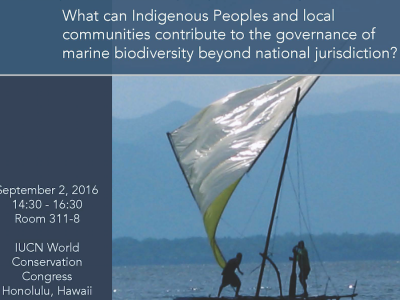
The International Union for Conservation of Nature‘s World Conservation Congress took place in Honolulu, Hawaii, from September 1 to 5. Nereus Director of Policy Yoshitaka Ota attended the congress and organized a Knowledge Cafe on September 2 on the topic of governance of marine biodiversity beyond national jurisdiction titled “What can indigenous peoples and local communities contribute to the governance of marine biodiversity beyond national jurisdiction?”
Nereus Director (Policy) Yoshitaka Ota will attend the IUCN World Conservation Congress in Honolulu, Hawaii, from September 1st to September 5th. He will organize a Knowledge Cafe on Governance on…
Nereus Director (Policy) Yoshitaka Ota will organize a workshop on marine conservation principles on August 31st in Hawaii, United States.
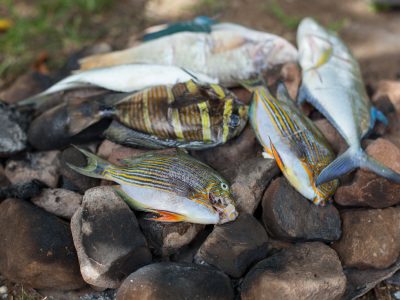
Closing the high seas to fishing could increase fish catches in coastal waters by 10%, compensating for expected losses due to climate change, finds a new Nippon Foundation-Nereus Program study published in Fish and Fisheries.
The high seas are those areas of the ocean outside the jurisdiction of countries; the high seas cover nearly two thirds of the ocean’s surface. These results could be seen by 2050 relative to 2000 and cooperatively managing the high seas fisheries would have similar effects.